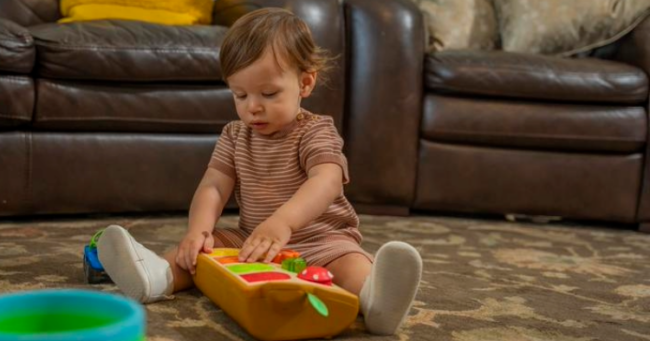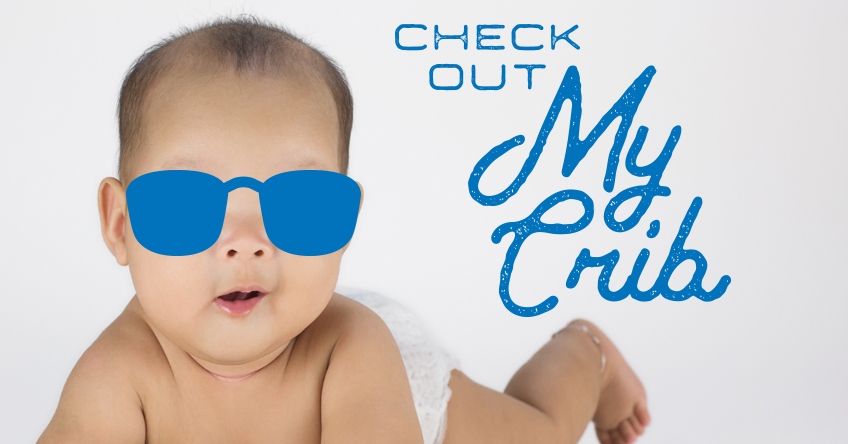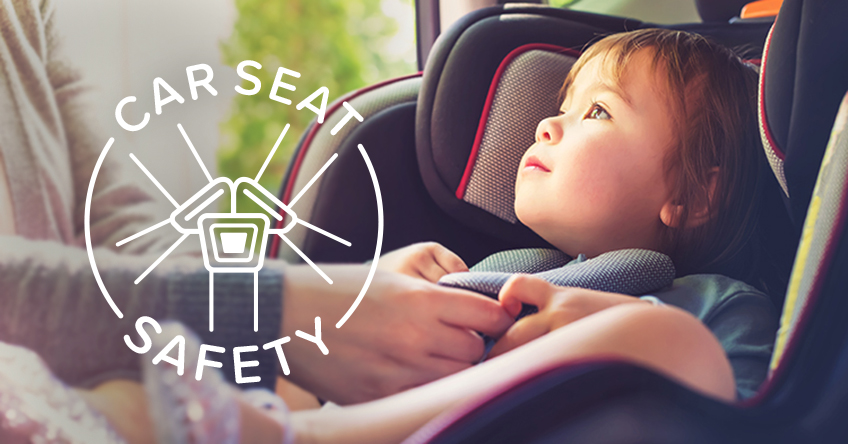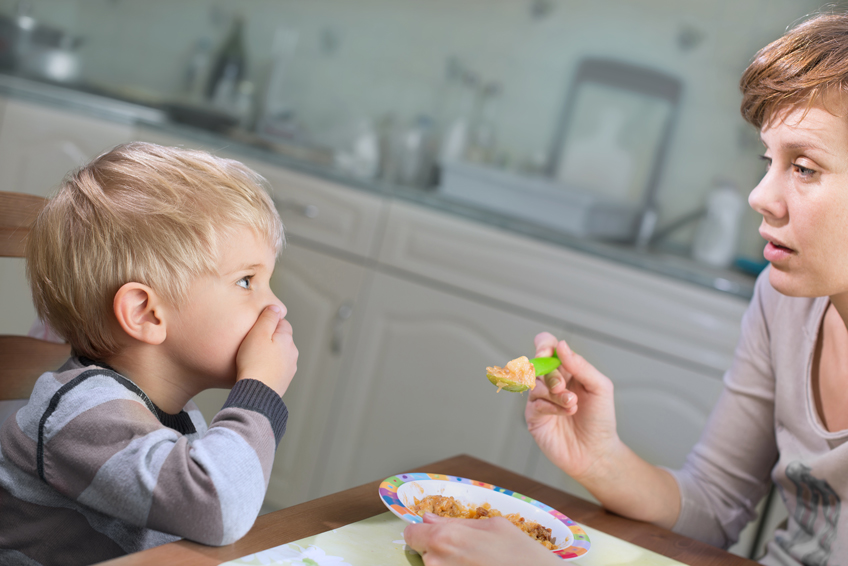Babies are naturally curious. Between 6 and 12 months, they start to get into everything. Anything they find may go in their mouth. They can also pull chairs over, fall down stairs and open cabinets and drawers. They can get into danger in a few seconds. Most injuries can be prevented if you watch your baby carefully and childproof your home. Look at every room from your baby’s point of view. Make sure it is safe for your baby to explore and learn.
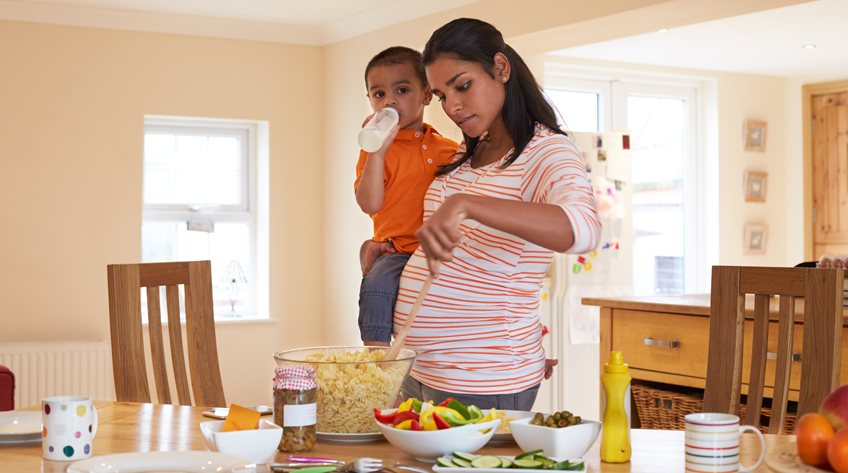
Always Watch Your Baby
Babies and toddlers can choke, fall or drown very quickly. Injuries are more likely to happen when you are tired or busy—such as when you are cooking, cleaning or talking on the phone.
If your baby starts to do something dangerous, gently move her or give her something else to do.
Water Safety
Drowning is a major cause of death and injury in young children. This is especially true in places like Arizona, where there are a lot of swimming pools. Never leave your child alone near water. Make sure pools are fenced on all sides and the gates are locked. Keep buckets empty and upside down. For information about water safety, contact the Drowning Prevention Coalition of Arizona.
Lead Poisoning
Houses built before 1978 can have lead paint. Eating or breathing lead chips or dust can cause brain damage. Be sure old paint is painted over and does not chip. Ask your doctor about tests for lead. To learn more about preventing lead poisoning, go to the CDC website.
THINGS YOU CAN DO
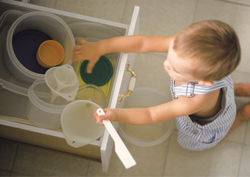 Babyproofing: Make Home Safe for Your Baby
Babyproofing: Make Home Safe for Your Baby
When your baby starts to crawl, it is time to childproof your house.
- Keep small toys, coins, jewelry, plastic bags and balloons out of reach. Your baby can choke on anything that is small enough to fit through a toilet paper roll.
- Put covers on electric outlets.
- Tape electric cords to the floor or wall.
- Make sure heaters and vents cannot burn your baby.
- Tie up cords from window shades and curtains.
- Put safety latches on low cabinets and drawers.
- Put gates at the top and bottom of stairs.
- Put screens on windows and protective rails on balconies.
- For more information, see the Child Safety page of this guide.
Bathroom and Kitchen Safety Tips
- Put a childproof knob on the bathroom door.
- Always stay with your baby when you give him a bath. A baby can drown in a few inches of water.
- When you are cooking, do not hold your baby or let him play near the stove.
- Do not hold him while you eat or drink hot food.
- Put safety locks on cabinets with chemicals.
In Case of Poisoning
- If your baby is unconscious, shaking or having trouble breathing, call 9-1-1.
- If your baby puts medicine or poison in his mouth, try to get it out. If he touches or breathes in poison, rinse his skin or eyes with water. Then call Poison Control at 1-800-222-1222 right away. Describe what happened. Read the label from the container. Give your baby’s age and weight.
- Never make your baby vomit unless Poison Control tells you to.
The First Things First Parent Kit was developed in partnership with Health Research for Action/UC Berkeley. © 2018 The Regents of the University of California. Additional video, graphic and other content © 2018 First Things First. All rights reserved.



